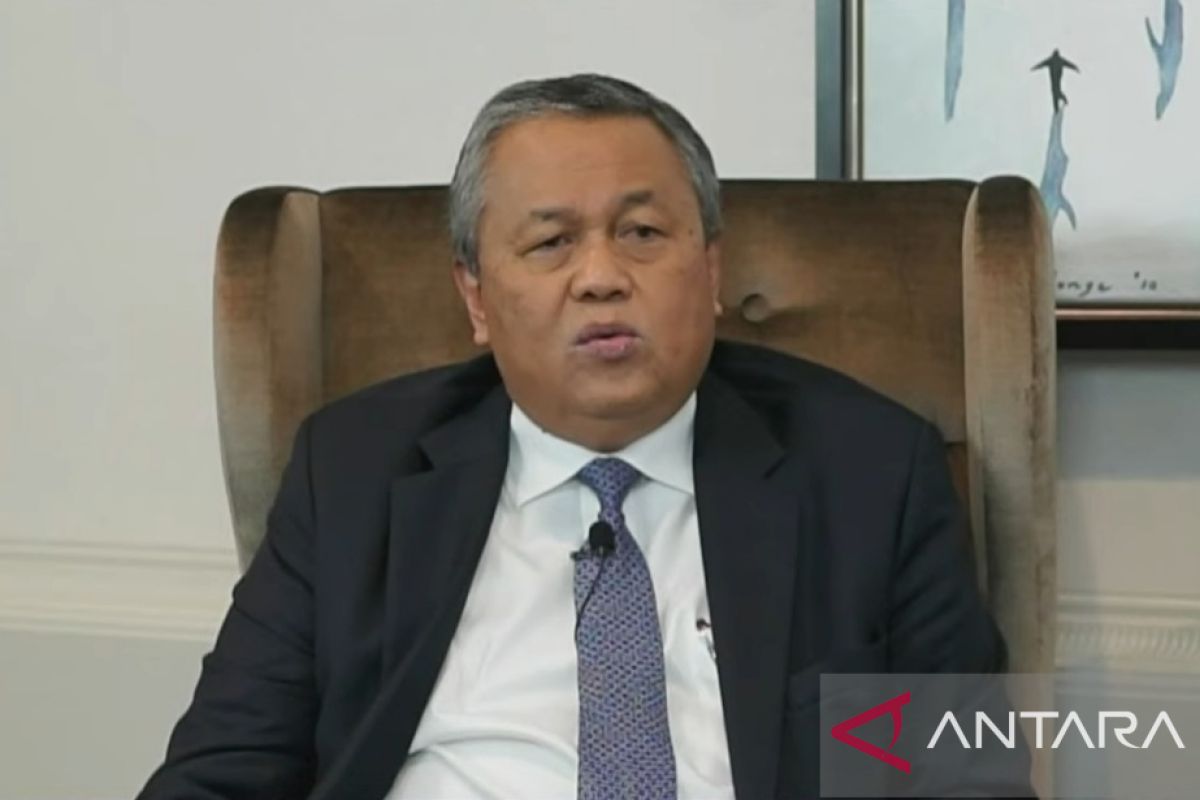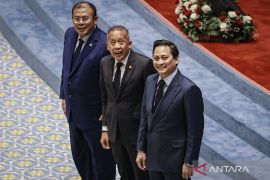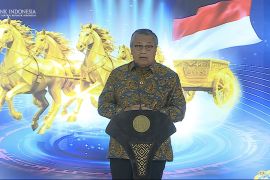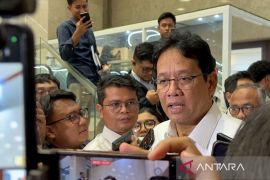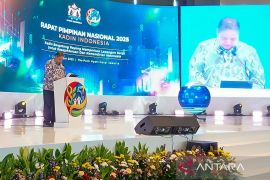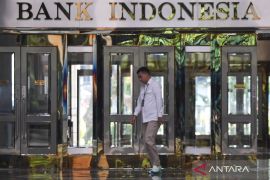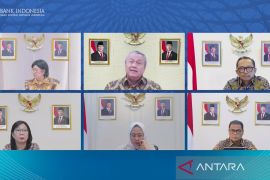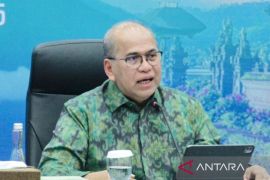"This year, our economic recovery advances, the prices are still stable, the rupiah exchange value still goes on, and financial system is still stable," Warjiyo stated during the G20 Side Event High-Level Discussion accessed here on Friday.
Efforts to reform were still expedited in Indonesia for the medium-term economic prospects.
He opined that the conflict's direct impact on Indonesia was limited, though the indirect impact could be seen on export activities.
The war between the two countries had decreased the global economic recovery rate, which in turn would cause Indonesia's export contribution to the gross domestic product to decline.
"Hence, we revised the projection of Indonesia's (economic) growth, (initially), from 4.7 percent to 5.5 percent (down) to 4.5 percent to 5.3 percent," he explained.
On the other hand, the impact on commodity prices, particularly food and energy, would highly depend on the government's fiscal policies, Warjiyo noted.
Related news: Increasing productivity is key to long-term economic growth: Minister
However, he believed that the government would not weigh down consumers with all the increase in prices.
For instance, some fuels, such as diesel, would still be subsidized by the government and so were the electricity and other commodity prices that were still high, given that it had increased the state revenue from the surge in price.
In terms of the monetary aspect, he expressed commitment that they would ensure stability of the rupiah, inflation, and continuity of economic growth.
"The rupiah exchange value continues to follow the market mechanism, and thankfully, our deficit of transaction is so minor. Thus, it backs up the rupiah (value) while we are (preparing) policies to address domestic inflation and projection of growth with liquidity normalization," he said.
Related news: DRI lauds govt decision to provide wage subsidy assistance
Translator: Agatha O V, Mecca Yumna
Editor: Rahmad Nasution
Copyright © ANTARA 2022
